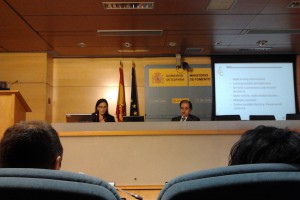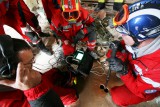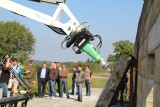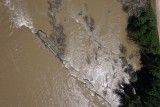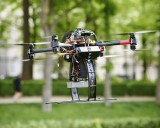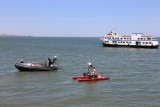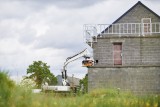The ICARUS project provides input to the RPAS regulatory meeting in Spain
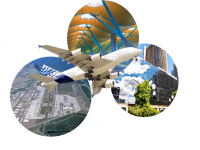 The Spanish Aviation Safety Agency (Agencia Estatal de Seguridad Aérea - AESA) has organised the first meeting between the public and private sectors to discuss the forthcoming Spanish Remotely Piloted Aircraft Systems (RPAS) regulation. The meeting took place on the 30th of May at the offices of the Spanish Ministry of Development.
The Spanish Aviation Safety Agency (Agencia Estatal de Seguridad Aérea - AESA) has organised the first meeting between the public and private sectors to discuss the forthcoming Spanish Remotely Piloted Aircraft Systems (RPAS) regulation. The meeting took place on the 30th of May at the offices of the Spanish Ministry of Development.
The Aerospace Technology Centre (ASCAMM), a partner in the ICARUS[1] project, took part in the ‘First AESA – Industry Day’ event and presented the FP7 initiative to the audience as a European example of the successful integration of small RPAS in Search and Rescue operations and crisis management.
Policy makers, stakeholders, business leaders and industrialists of the Spanish Aviation sector were introduced to the ICARUS project which, with a global budget of 17,5M€, is developing robotic tools that can assist ‘human’ crisis intervention teams.
The presentation of the ICARUS project, together with other presentations delivered by representatives from the Spanish RPAS sector, offered an overview of the perspectives of the industry. These views will be taken into consideration by policy makers in order to guarantee the proportionality of legislation, development of the industry and harmonisation with the regulation amongst other EU countries.
The Head of the 'Intelligent Systems' department of ASCAMM, Pepa Sedó, presenting the ICARUS project (credits: ASCAMM)
[1] ICARUS: Integrated Components for Assisted Rescue and Unmanned Search Operations.
Credits (on the top): Agencia Estatal de Seguridad Aérea (AESA).
- Login to post comments

